Find Help
More Items From Ergsy search
-
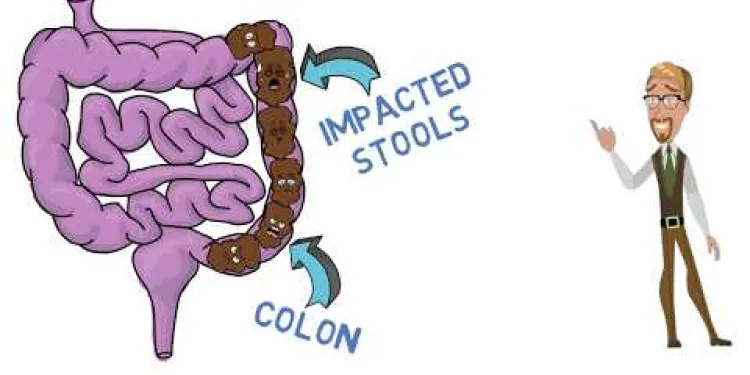
The effective treatment of childhood constipation according to NICE guidelines.
Relevance: 100%
-
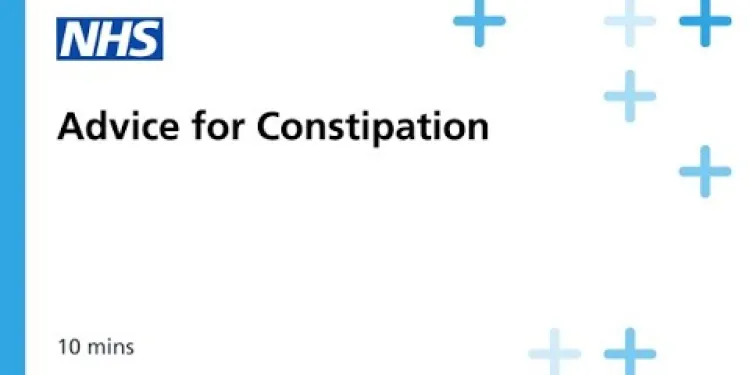
Constipation: Tips for those suffering with constipation
Relevance: 60%
-
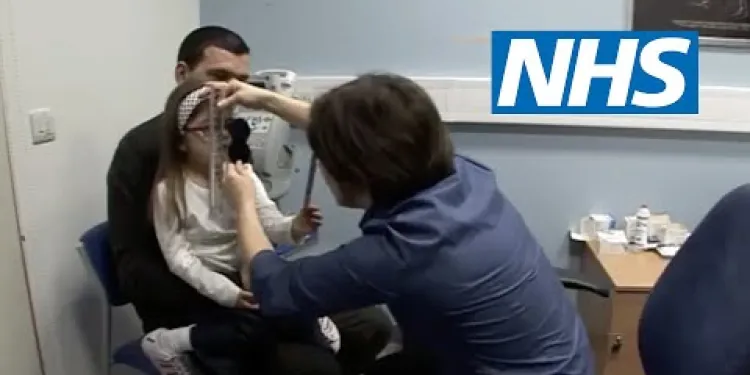
Childhood squint | NHS
Relevance: 51%
-
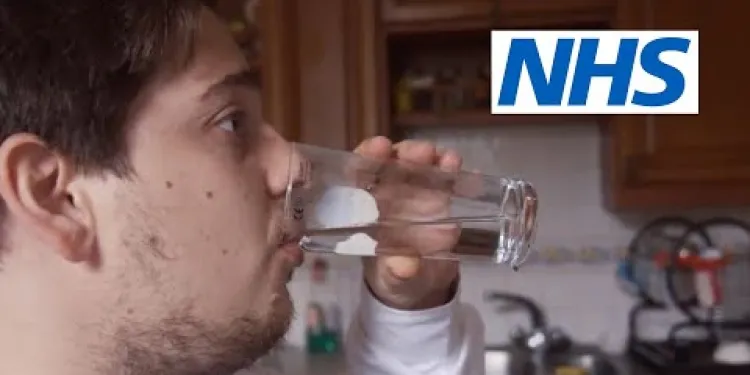
How to treat constipation | NHS
Relevance: 51%
-
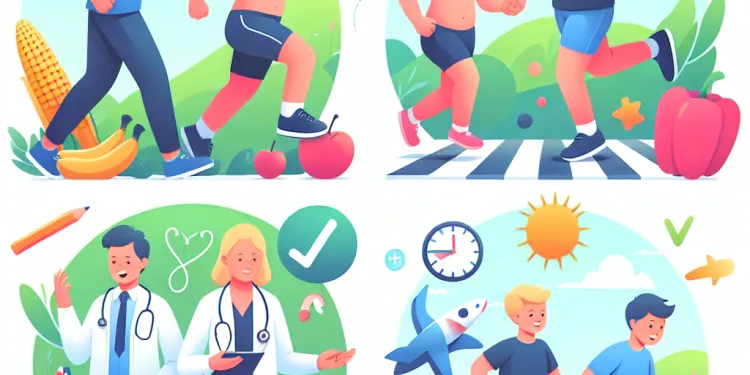
Is childhood obesity a concern in the United Kingdom?
Relevance: 45%
-
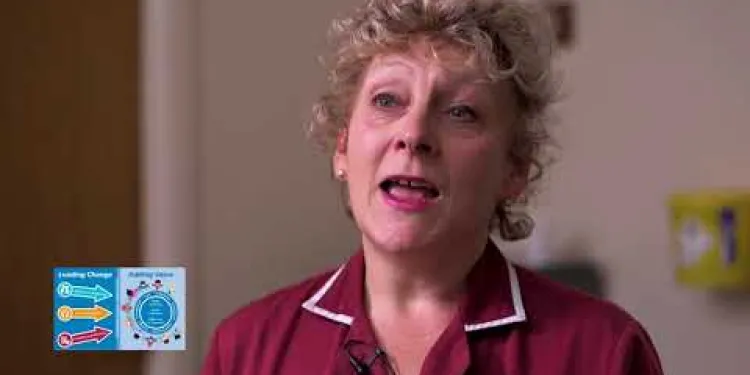
Sandwell and West Birmingham Hospitals NHS Trust – Faecal Incontinence and Constipation Healthcare
Relevance: 45%
-

What are the current statistics on childhood obesity in the UK?
Relevance: 45%
-
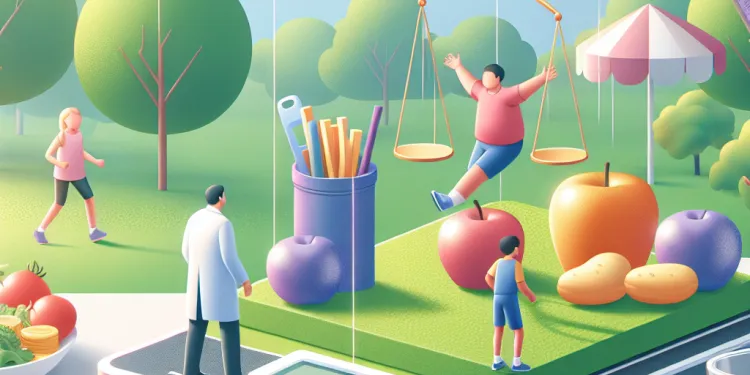
Is childhood obesity a concern in the United Kingdom?
Relevance: 44%
-
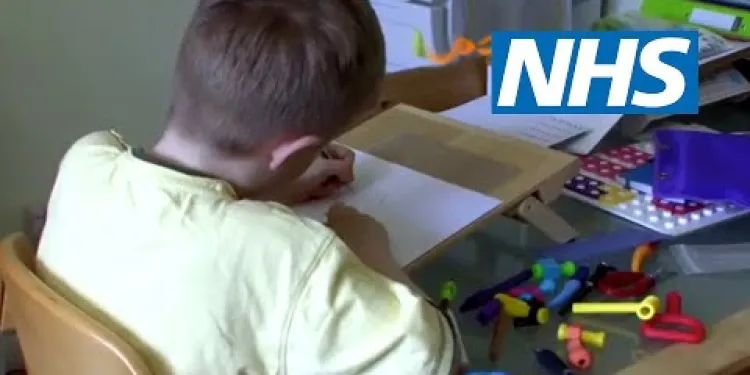
Childhood dyspraxia: James' story | NHS
Relevance: 39%
-

Dealing with Common Childhood Illnesses
Relevance: 38%
-

Study Finds Alarming Increase in Childhood Obesity Rates Post-Pandemic
Relevance: 37%
-

Rise in Childhood Asthma Linked to Air Pollution in Urban Areas
Relevance: 33%
-
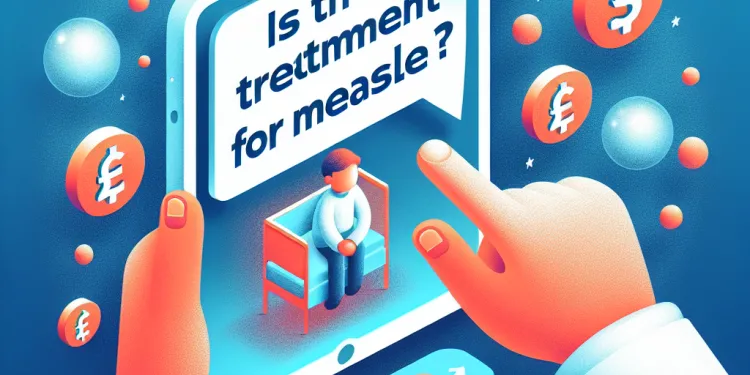
Is there a treatment for measles?
Relevance: 28%
-

Is there a treatment for measles?
Relevance: 28%
-
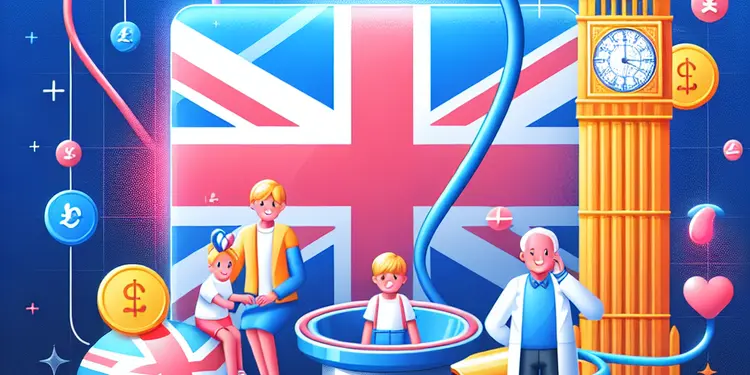
Can children with cancer receive Paillon treatment?
Relevance: 27%
-
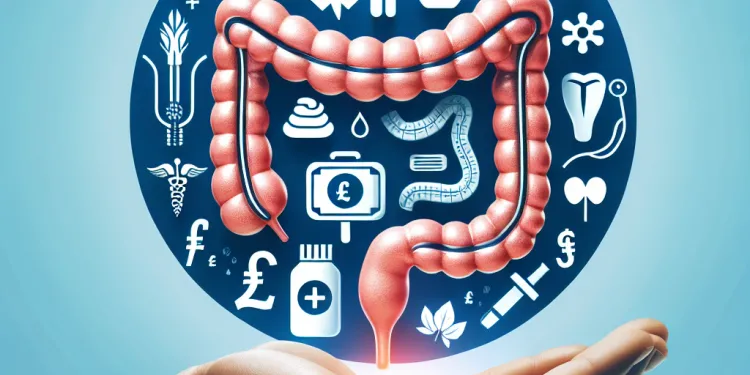
What are the side effects of bowel cancer treatment?
Relevance: 27%
-
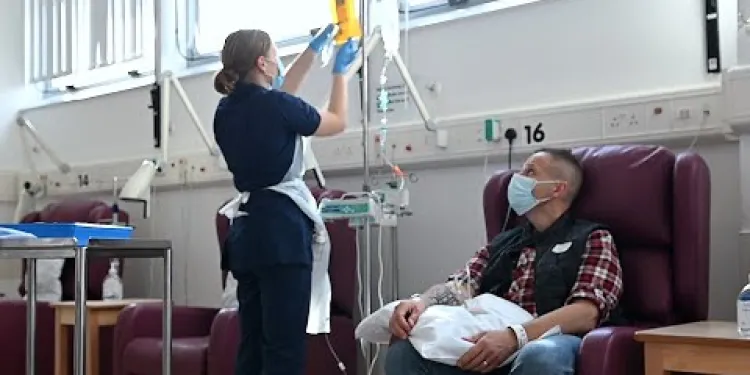
Having chemotherapy and other treatments in the Day Treatment Unit
Relevance: 23%
-
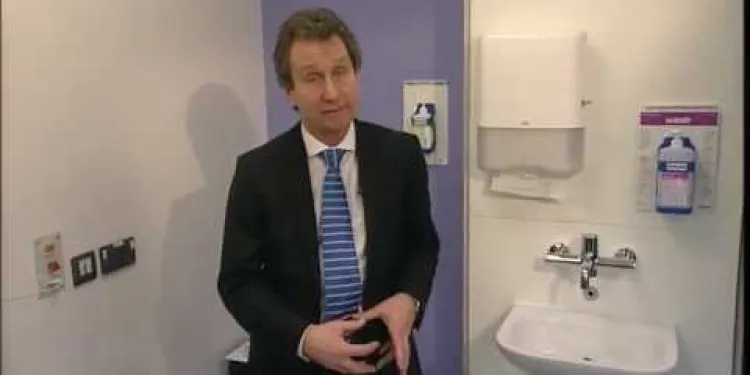
Hernias and their Treatments - A guide for patients
Relevance: 23%
-

What are the side effects of Paillon treatment?
Relevance: 23%
-
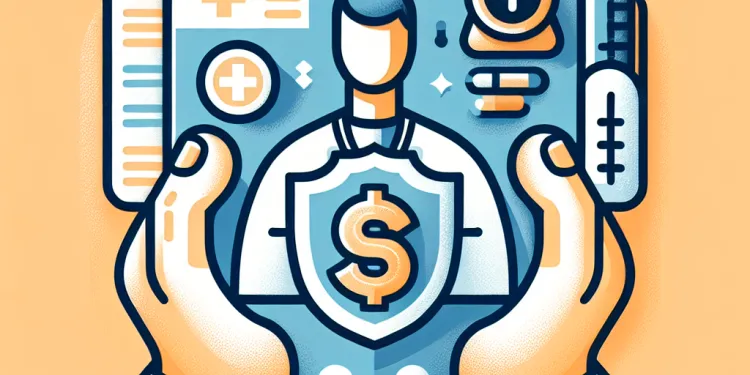
Are chiropractic treatments safe?
Relevance: 22%
-

Is Botox treatment expensive?
Relevance: 22%
-
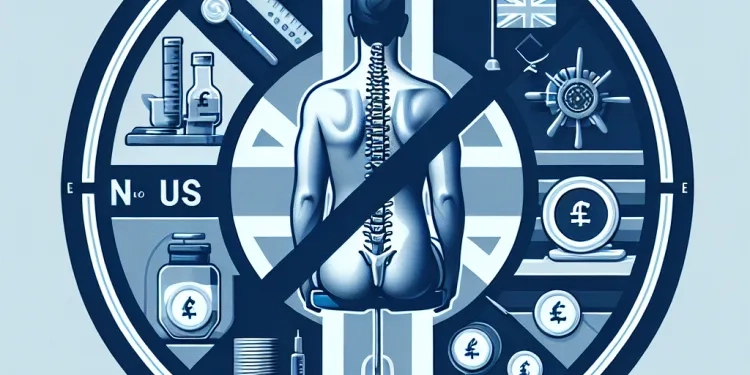
Are chiropractic treatments painful?
Relevance: 22%
-
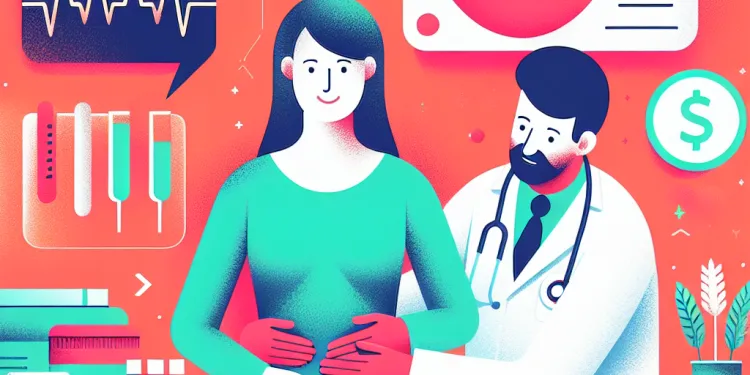
What is the treatment for appendicitis?
Relevance: 22%
-
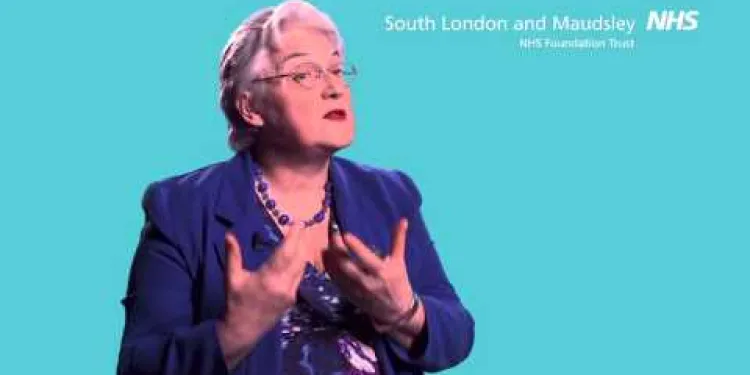
Eating disorders: treatment
Relevance: 22%
-
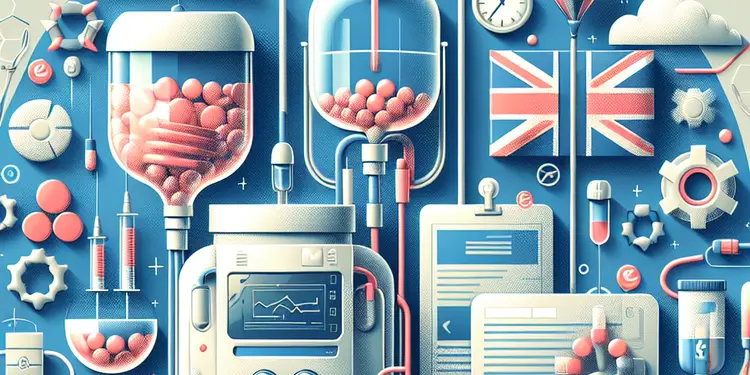
Is Paillon treatment a form of chemotherapy?
Relevance: 21%
-

What is Paillon treatment for cancer?
Relevance: 21%
-

Who developed the Paillon treatment?
Relevance: 21%
-
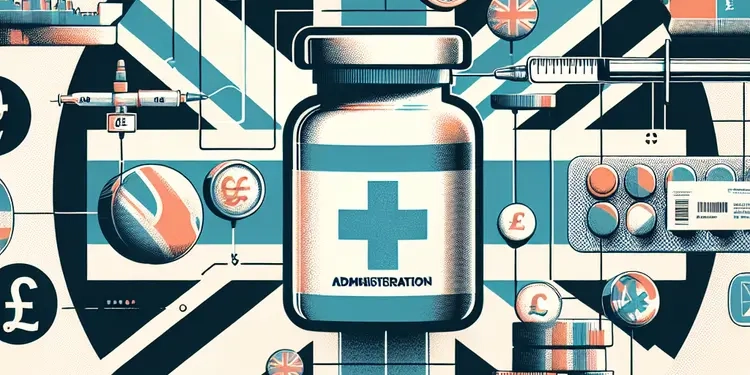
How is Paillon treatment administered?
Relevance: 21%
-
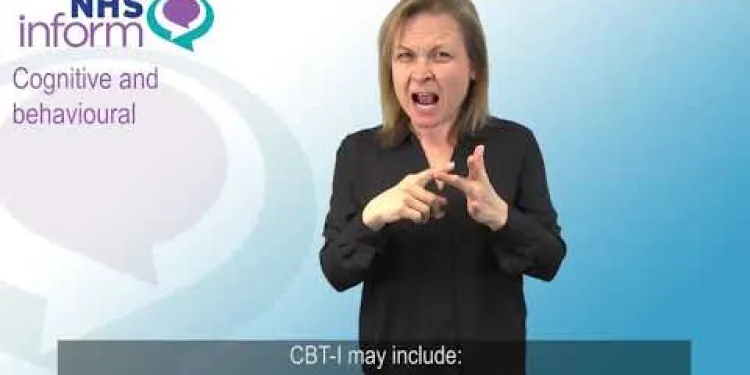
BSL - Treatments for insomnia
Relevance: 21%
-
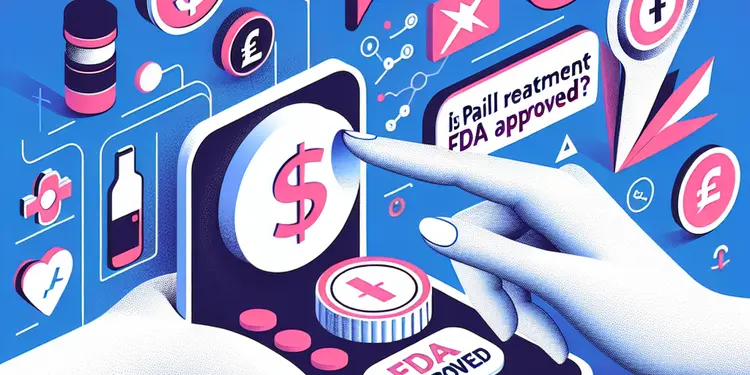
Is Paillon treatment FDA approved?
Relevance: 21%
-

Is a prescription required for Paillon treatment?
Relevance: 21%
-
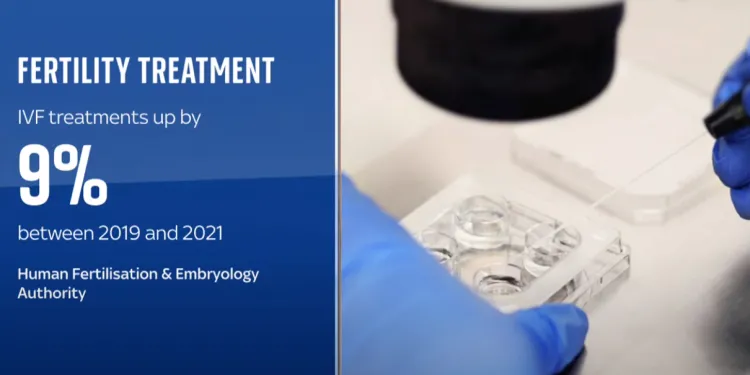
Fertility treatments on the up, but not via the NHS
Relevance: 21%
-

What are topical treatments for psoriasis?
Relevance: 21%
-
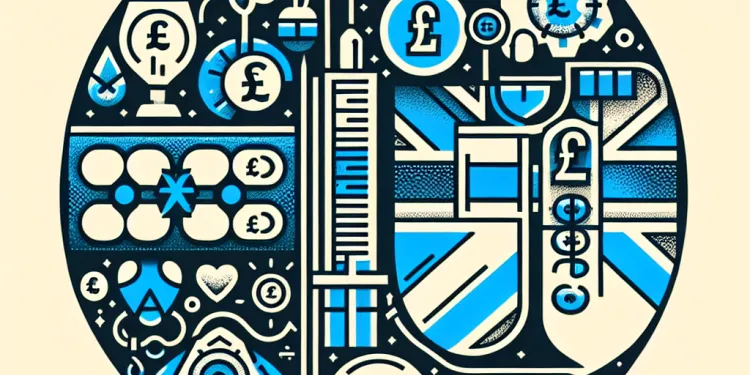
What treatments are available for eczema?
Relevance: 21%
-
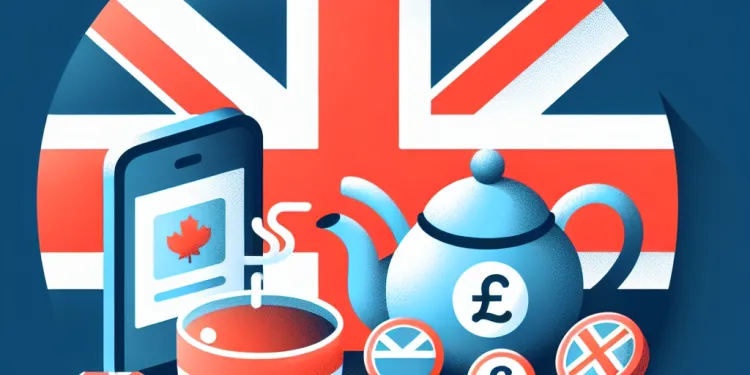
What is the treatment for chickenpox?
Relevance: 21%
-
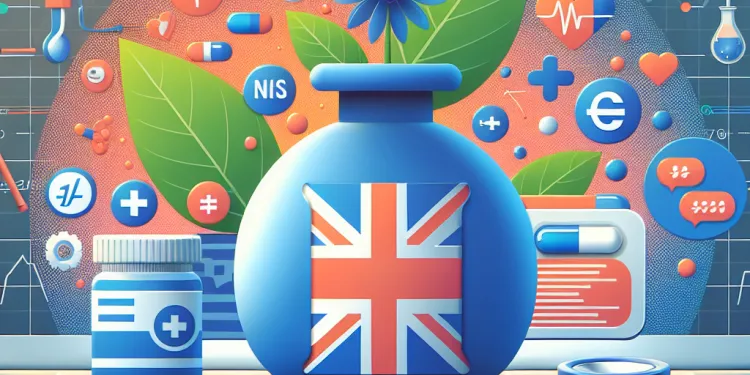
Are homeopathic treatments covered by the NHS?
Relevance: 21%
-
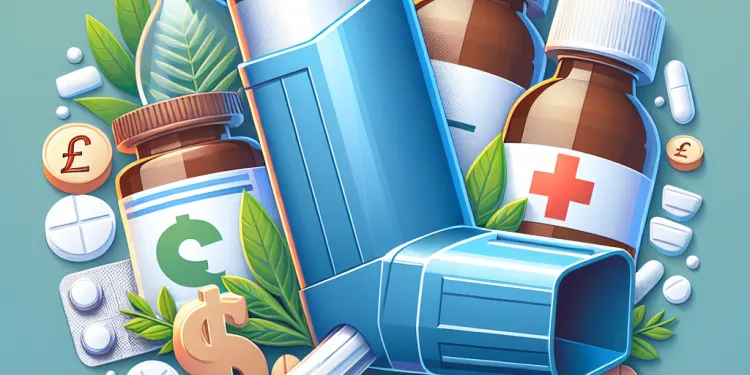
Are inhalers the only treatment for asthma?
Relevance: 21%
-
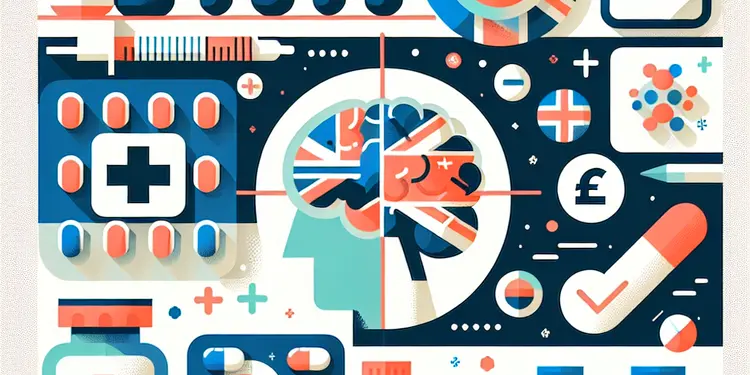
What is the treatment for bacterial meningitis?
Relevance: 21%
-

What are common treatments for ADHD?
Relevance: 21%
-
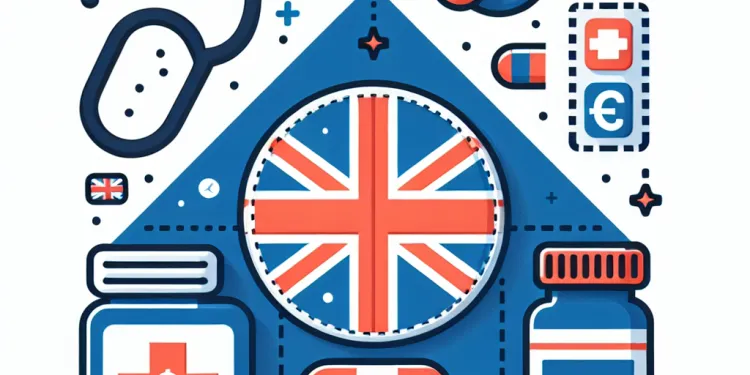
What treatments are available for shingles?
Relevance: 21%
Effective Treatment of Childhood Constipation According to NICE Guidelines
Introduction to NICE Guidelines
The National Institute for Health and Care Excellence (NICE) provides comprehensive recommendations for the effective treatment of childhood constipation in the United Kingdom. The guidelines aim to enhance the management and care of children dealing with this widespread yet often under-recognized condition.
Initial Assessment
According to NICE guidelines, an initial assessment is critical in determining the likely causes and severity of constipation. Healthcare providers should take a detailed medical history, including dietary habits, bowel movement patterns, and any associated symptoms like abdominal pain or discomfort. Physical examinations should be performed to rule out any underlying conditions.
Lifestyle and Dietary Adjustments
One of the primary recommendations from NICE is to implement lifestyle and dietary changes. Increasing the child's fluid intake and incorporating high-fibre foods like fruits, vegetables, and whole grains into their diet can significantly improve bowel movements. Regular physical activity is also encouraged to promote digestive health.
Pharmacological Treatments
If lifestyle and dietary changes are insufficient, NICE guidelines suggest the use of pharmacological treatments. Polyethylene glycol (PEG) is recommended as the first-line treatment, often combined with electrolytes to enhance efficacy. Lactulose may be considered as an alternative if PEG is not effective or suitable.
Ongoing Monitoring and Follow-Up
Continuous monitoring and follow-up are essential components of the NICE guidelines. Regular reviews should be conducted to assess the child's progress and make any necessary adjustments to their treatment plan. This ensures that the management approach remains effective and responsive to the child's needs.
When to Consult a Specialist
NICE guidelines advise that if constipation persists despite initial interventions, or if alarm symptoms such as weight loss, vomiting, or a family history of bowel disease are present, a referral to a specialist is warranted. Paediatric gastroenterologists can provide more in-depth evaluation and advanced treatment options.
Conclusion
Adhering to NICE guidelines can significantly improve the management of childhood constipation. By combining thorough initial assessments, lifestyle and dietary interventions, appropriate pharmacological treatments, and regular follow-ups, healthcare providers can ensure effective and comprehensive care for children suffering from constipation in the UK.
Effective Treatment of Childhood Constipation According to NICE Guidelines
Introduction to NICE Guidelines
NICE is a group in the UK that gives advice on healthcare. They want to help kids who have trouble going to the toilet. This is called constipation. Their advice helps doctors take better care of kids with this problem.
Initial Assessment
The first step is to find out what is causing the problem. Doctors will ask about the child's food, toilet habits, and if their tummy hurts. They will also check to make sure there are no other health problems.
Lifestyle and Dietary Adjustments
Changing food and habits is important. Kids should drink more water and eat more fruits, veggies, and whole grains. These foods help with toilet problems. Being active helps the tummy work better too.
Pharmacological Treatments
If food and habits do not help, medicine might be needed. A medicine called PEG is often given first. It helps make going to the toilet easier. If PEG does not work, another medicine called lactulose might be tried.
Ongoing Monitoring and Follow-Up
Checking in helps see if the plan is working. Doctors will see if the child is feeling better. They can change the plan if needed. This makes sure the child gets the right help.
When to Consult a Specialist
If the problem does not get better, or if the child loses weight or feels very sick, they might need to see a special doctor. These doctors know a lot about tummies and can give more help.
Conclusion
Following NICE advice helps kids with toilet problems feel better. By checking the problem, changing food and habits, giving medicine if needed, and checking in often, doctors can help kids feel good again.
Frequently Asked Questions
What are the first-line treatments for childhood constipation?
According to NICE guidelines, the first-line treatment includes offering oral Macrogols as the first choice of laxative.
Are there different recommendations for children of various age groups?
Yes, for children under one year, consider using lactulose if Macrogols are not effective. For older children, Macrogols should remain the first choice.
How should laxatives be administered to effectively treat constipation in children?
Laxatives should be provided at a dose sufficient to produce regular soft stools, which can be comfortably passed.
How long should laxative treatment continue?
Continue laxative treatment for at least several weeks after the child has regular normal bowel movements, often for several months or longer.
What dietary advice is recommended for children with constipation?
Encourage a balanced diet with adequate fibre intake, including fruits, vegetables, and whole grains, alongside sufficient fluid intake.
What role does physical activity play in managing childhood constipation?
Regular physical activity is important in managing and preventing constipation in children.
Is behaviour modification recommended for childhood constipation treatment?
Yes, creating a regular toileting routine and positive reinforcement can be beneficial.
When should a healthcare provider be consulted for constipation in a child?
If constipation is severe, persistent, or associated with symptoms like weight loss, fever, or vomiting, seeking medical advice is recommended.
Can long-term use of laxatives harm children?
Long-term use of laxatives, under medical supervision, is generally safe and necessary to manage chronic constipation.
Are there any specific warning signs that indicate a need for urgent medical attention?
Yes, signs such as blood in the stool, severe abdominal pain, or failure to pass stools after treatment necessitate immediate medical attention.
What types of macrogols are recommended for children?
Macrogol 3350, often combined with electrolytes, is typically recommended.
Can probiotics be used to treat childhood constipation?
While some evidence suggests probiotics may help, they are not currently part of the first-line NICE recommended treatments for childhood constipation.
What is faecal impaction and how is it treated?
Faecal impaction is severe constipation where stool is hard, dry, and stuck in the rectum. Treatment usually involves a combination of oral and rectal medications.
How important is education and support for families dealing with childhood constipation?
Providing education and support is crucial for effective management and helps ensure adherence to treatment plans.
Can constipation in children lead to other health issues?
Untreated constipation can lead to complications such as faecal impaction, anal fissures, and reduced quality of life.
What are the first things to try for kids who can't poop easily?
The NICE guidelines say to try Macrogols if you need help going to the bathroom.
Do kids of different ages need different advice?
If a baby is less than one year old, you can use lactulose if Macrogols do not work. For older kids, Macrogols should be the first thing to try.
How can we give medicine to help kids poop better?
It's important to help children when they can't poop easily. Here are some simple steps:
- Talk to a Doctor: Always speak with a doctor before giving any medicine.
- Use the Right Amount: Give the right amount of medicine. The doctor will tell you how much.
- Follow Directions: Always follow what the doctor or package says. Don't give more or less.
- Help with Other Tips: Encourage drinking lots of water and eating fruits and vegetables.
With these tips, children can feel better and poop easily again.
Give enough laxatives to make sure you have soft poo that is easy to pass.
How long should you take laxatives?
Laxatives help if you have trouble going to the toilet. But you should not take them for too long.
Ask your doctor how many days you should take them. Usually, it's just for a short time.
If you need help, ask someone you trust to explain it to you.
Keep giving the child medicine to help them go to the toilet, even after they start going regularly. You might need to do this for a few months or more.
What should kids eat if they can't go poo?
If a kid is having trouble going poo, they might need to change what they eat. Here are some tips:
- Eat more fiber: Foods like fruits, veggies, and whole grains help make poos soft. Try apples, carrots, and oats.
- Drink water: Water helps make the poo soft and easy to go. Try to drink lots of water each day.
- Limit sugary snacks: Too many cookies and sweets can make it harder to go poo. Eat healthy snacks instead.
It's good to remind kids to sit on the toilet after meals. Playing active games like tag or hopscotch can also help their tummy feel better. If it’s still hard to poo, talk to a doctor or nurse who can help.
Eat different kinds of healthy foods. Have lots of fruits, vegetables, and whole grain foods. Drink plenty of water too.
How can moving around help kids who have trouble going to the bathroom?
Moving your body is important to help stop and manage constipation in children.
Should we use behavior change to help kids with constipation?
Constipation means it's hard for a child to poop. Sometimes, changing how a child acts can help. This is called behavior change. It means helping the child learn when to go to the bathroom and feeling okay about it.
Tools that can help:
- Reward Charts: Use stickers or stars when the child tries to go potty.
- Routine: Encourage sitting on the toilet at the same time every day, like after meals.
- Positive Talk: Praise the child for trying, so they feel good.
If it's hard to help at home, a doctor or therapist can also give ideas.
Yes, making a toilet schedule and using rewards can help.
When to see a doctor if your child can't poo?
If your child is having trouble pooping, here are some signs to see a doctor:
- Your child has not pooped for a few days.
- Your child is in pain when trying to poop.
- Your child has a swollen belly.
- Your child has blood in their poop.
- Your child often has trouble pooping.
It's good to keep a note of when your child poops, what they eat, and how they feel. This can help the doctor understand what's going on.
Reading tools like audiobooks can help if you find it hard to read. Ask someone you trust to help you too!
If you are having a hard time going to the toilet, and it happens a lot or hurts, it's important to see a doctor, especially if you also lose weight, have a fever, or feel like throwing up.
Can using laxatives for a long time hurt children?
Laxatives are medicines that help you go to the toilet. If children use them for a long time, it might not be safe. Here are some ways to help: - **Talk to a doctor:** It's important to ask a doctor before using laxatives for a long time. - **Eat more fiber:** Foods with fiber, like fruits and vegetables, help you go to the toilet. - **Drink water:** Drinking lots of water is good for your body. - **Exercise:** Moving your body, like walking or playing, can help too. Always ask an adult if you have questions.Using medicines called laxatives for a long time is okay if a doctor says so. They help people who often have trouble going to the toilet.
What are the signs when you need to see a doctor fast?
Sometimes, our bodies tell us when we need help quickly. Look out for these signs:
- Pain in your chest.
- Finding it hard to breathe.
- Suddenly feeling very weak or dizzy.
- Feeling confused or not making sense.
- Bleeding a lot and it won't stop.
- Severe pain anywhere in your body that made you stop what you are doing.
If you see these signs, tell a grown-up and get to a doctor fast. You can also use a picture chart to describe how you feel to someone who can help.
Yes, some signs mean you need to see a doctor right away. These signs are:
- Blood in your poo
- Very bad tummy pain
- Not being able to poop even after trying medicine
If you have these signs, tell a grown-up or a doctor. They can help you feel better.
Here are some helpful things you can try:
- Use simple words to talk about how you feel.
- Ask someone you trust to help you explain.
- Look at pictures or diagrams to understand what is happening.
What kinds of macrogols are good for kids?
Macrogols are medicines that help when it is hard to poo. Some are made for kids. Ask a doctor or nurse which macrogols are best for your child. Reading tools or picture books can also help you understand more about medicines.
Macrogol 3350 is a type of medicine. It often comes with something called electrolytes. Doctors usually recommend it.
Can friendly bacteria help with kids' tummy troubles?
Sometimes, kids have trouble going to the toilet. This can make their tummy hurt. Friendly bacteria, called probiotics, might help. They live in our tummies and keep us healthy.
If your child has this problem, you can try giving them probiotics. These can be found in foods like yogurt or special drinks. It's always a good idea to talk to a doctor or nurse before trying something new.
Using a bathroom routine, drinking plenty of water, and eating fruits and veggies can also help keep tummies happy.
Some studies say probiotics might help. But doctors don't use them first to treat constipation in kids.
What is poo blockage and how can it be treated?
Poo blockage (faecal impaction) is when poo gets stuck inside the body. It can be hard to poo and might hurt.
Here is how to help:
- Drinking lots of water. This helps your poo become soft.
- Eating foods with lots of fiber. This helps you poo better. Examples are fruits and vegetables.
- Using medicine from the doctor. Sometimes, special medicine can help make poo softer.
- Talking to a doctor. They can give the best advice and help.
If you have trouble with poo blockage, ask an adult you trust to help you. They can talk to a doctor for you.
Faecal impaction is when you can't poop because it is hard and dry. It gets stuck in your bottom. To help, doctors use medicine you drink and medicine you put in your bottom.
Why is learning and help important for families with children who have constipation?
Learning and getting help is very important. It helps people follow their treatment plans and feel better.
Can children get other health problems from being constipated?
Children who have trouble pooping might get other health problems. Here are some things that can help:
- Eating more fruits and vegetables can help.
- Drinking plenty of water is good for them.
- Regular exercise or play helps a lot.
- Going to the toilet when they need to is important.
If a child has tummy pains or cannot poop for a long time, it’s good to see a doctor.
If you don't treat constipation, it can cause problems. These problems can include hard poop that won't come out, tears in the skin near your bum, and feeling unhappy.
Useful Links
This website offers general information and is not a substitute for professional advice.
Always seek guidance from qualified professionals.
If you have any medical concerns or need urgent help, contact a healthcare professional or emergency services immediately.
Some of this content was generated with AI assistance. We’ve done our best to keep it accurate, helpful, and human-friendly.
- Ergsy carfully checks the information in the videos we provide here.
- Videos shown by Youtube after a video has completed, have NOT been reviewed by ERGSY.
- To view, click the arrow in centre of video.
- Most of the videos you find here will have subtitles and/or closed captions available.
- You may need to turn these on, and choose your preferred language.
- Go to the video you'd like to watch.
- If closed captions (CC) are available, settings will be visible on the bottom right of the video player.
- To turn on Captions, click settings .
- To turn off Captions, click settings again.
More Items From Ergsy search
-

The effective treatment of childhood constipation according to NICE guidelines.
Relevance: 100%
-

Constipation: Tips for those suffering with constipation
Relevance: 60%
-

Childhood squint | NHS
Relevance: 51%
-

How to treat constipation | NHS
Relevance: 51%
-

Is childhood obesity a concern in the United Kingdom?
Relevance: 45%
-

Sandwell and West Birmingham Hospitals NHS Trust – Faecal Incontinence and Constipation Healthcare
Relevance: 45%
-

What are the current statistics on childhood obesity in the UK?
Relevance: 45%
-

Is childhood obesity a concern in the United Kingdom?
Relevance: 44%
-

Childhood dyspraxia: James' story | NHS
Relevance: 39%
-

Dealing with Common Childhood Illnesses
Relevance: 38%
-

Study Finds Alarming Increase in Childhood Obesity Rates Post-Pandemic
Relevance: 37%
-

Rise in Childhood Asthma Linked to Air Pollution in Urban Areas
Relevance: 33%
-

Is there a treatment for measles?
Relevance: 28%
-

Is there a treatment for measles?
Relevance: 28%
-

Can children with cancer receive Paillon treatment?
Relevance: 27%
-

What are the side effects of bowel cancer treatment?
Relevance: 27%
-

Having chemotherapy and other treatments in the Day Treatment Unit
Relevance: 23%
-

Hernias and their Treatments - A guide for patients
Relevance: 23%
-

What are the side effects of Paillon treatment?
Relevance: 23%
-

Are chiropractic treatments safe?
Relevance: 22%
-

Is Botox treatment expensive?
Relevance: 22%
-

Are chiropractic treatments painful?
Relevance: 22%
-

What is the treatment for appendicitis?
Relevance: 22%
-

Eating disorders: treatment
Relevance: 22%
-

Is Paillon treatment a form of chemotherapy?
Relevance: 21%
-

What is Paillon treatment for cancer?
Relevance: 21%
-

Who developed the Paillon treatment?
Relevance: 21%
-

How is Paillon treatment administered?
Relevance: 21%
-

BSL - Treatments for insomnia
Relevance: 21%
-

Is Paillon treatment FDA approved?
Relevance: 21%
-

Is a prescription required for Paillon treatment?
Relevance: 21%
-

Fertility treatments on the up, but not via the NHS
Relevance: 21%
-

What are topical treatments for psoriasis?
Relevance: 21%
-

What treatments are available for eczema?
Relevance: 21%
-

What is the treatment for chickenpox?
Relevance: 21%
-

Are homeopathic treatments covered by the NHS?
Relevance: 21%
-

Are inhalers the only treatment for asthma?
Relevance: 21%
-

What is the treatment for bacterial meningitis?
Relevance: 21%
-

What are common treatments for ADHD?
Relevance: 21%
-

What treatments are available for shingles?
Relevance: 21%


